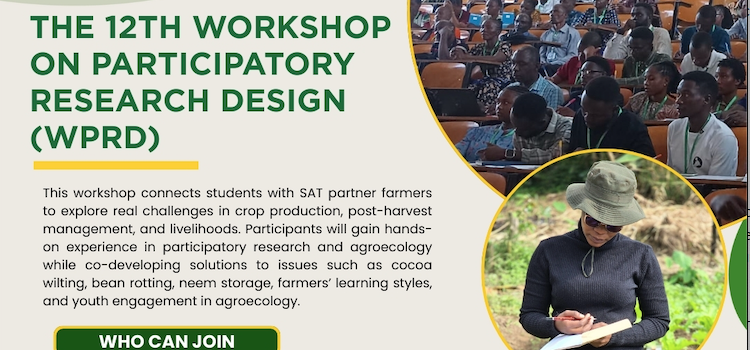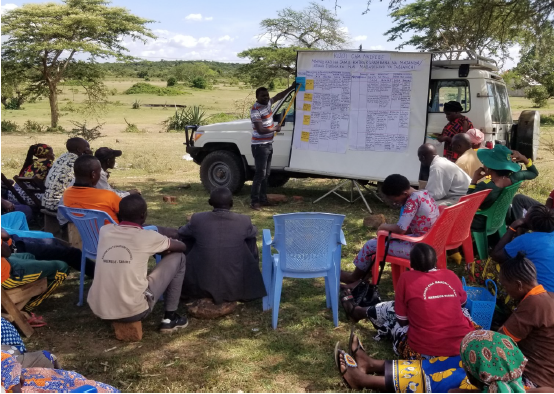Seeds of Change: Transitioning to Sustainable Pasture Management in Mvomero DC

Nestled in the heart of Mvomero, DC, among a pastoral community, lives Kachulu Papa. He is a humble herder with a captivating story of transformation. Kachulu is a respected member of the Mkombozi Pastoralist Group and holds a notable position in the Namayana Milk Cooperative. The Papa household is filled with the sounds of over 200 cattle and thousands of goats, which, until recently, roamed the vast stretches of land in search of pasture.

The traditional practice of free grazing had its benefits, but also had drawbacks. When cattle searched for food, they often grazed on neighboring farms, leading to conflicts that sometimes got out of hand. However, the biggest challenge was the cruel drought of 2021, which killed many livestock.
"I still remember the harsh sun of 2021 casting long shadows on the barren land, the dry land on the earth seemed to echo the cries of our starving cattle," recalls Kachulu.

Kachulu and his group faced a problem, but they found a solution through Sustainable Agriculture Tanzania (SAT). SAT provided them with resources and training to grow their own pastures and protect natural grass farms. They learned modern techniques, such as using boxes to make hay bales and managing pastures effectively. As the saying goes, every cloud has a silver lining, and for Kachulu and his group, the solution came through SAT.

Kachulu took to the change like a fish to water. He now has two acres of flourishing pasture, boasting a variety of cultivated grass including the resilient African Foxtail grass. The yield has been bountiful with over 600 hay bales harvested, and Kachulu is optimistic about reaching an 800 bale mark soon.
"Now, even in dry season, our cattle graze happily on our land. The hay bales are a promise of food for the tough days," says Kachulu with a glint of hope in his eyes.
The impact is palpable. The once nomadic life in search of pastures has grounded to a comforting routine. The relentless movement, the conflicts, and the uncertainty have given way to a life of stability and hope. The cattle are healthier, the milk flows aplenty, and the income from selling surplus pastures and meat has brought financial security to Kachulu.

Moreover, the community’s conservation efforts have led to an astonishing 283.75 acres of cultivated pasture and a whopping 8709.5 acres of conserved natural grass in 2022 alone.
"Our cattle don’t trespass anymore, and the conflicts with neighboring farmers are tales of the past," Kachulu adds, a note of relief in his voice.
Kachulu is leading the way in promoting the adoption of modern agricultural practices among pastoralists. His efforts have yielded positive results, and he now urges fellow pastoralists to embrace pasture cultivation and conservation. Kachulu's success story is proof of the benefits that come with adapting to modern agricultural practices.
"We have big dreams for our pastures and are now aspiring to improve our cattle breeds to ramp up milk production, thanks to the training we received in Mbeya," Kachulu shares, his eyes fixed on a future full of promise.
Kachulu's community's journey, fueled by knowledge, perseverance, and the support from the Biovision Foundation, is a narrative of hope. It signifies that with the right interventions, even the harshest landscapes can flourish again. Their strides towards combating the adversities of climate change, even though small, are steps towards a larger goal.

As the sun casts a warm glow on the thriving pastures of Mvomero DC, Kachulu Papa gazes at his healthy cattle grazing peacefully, a contented smile playing on his lips. His story is not just an account of personal triumph but a resonance of a community's indomitable spirit to flourish against all odds.
The FPC Project is kindly supported by the Biovision Foundation







